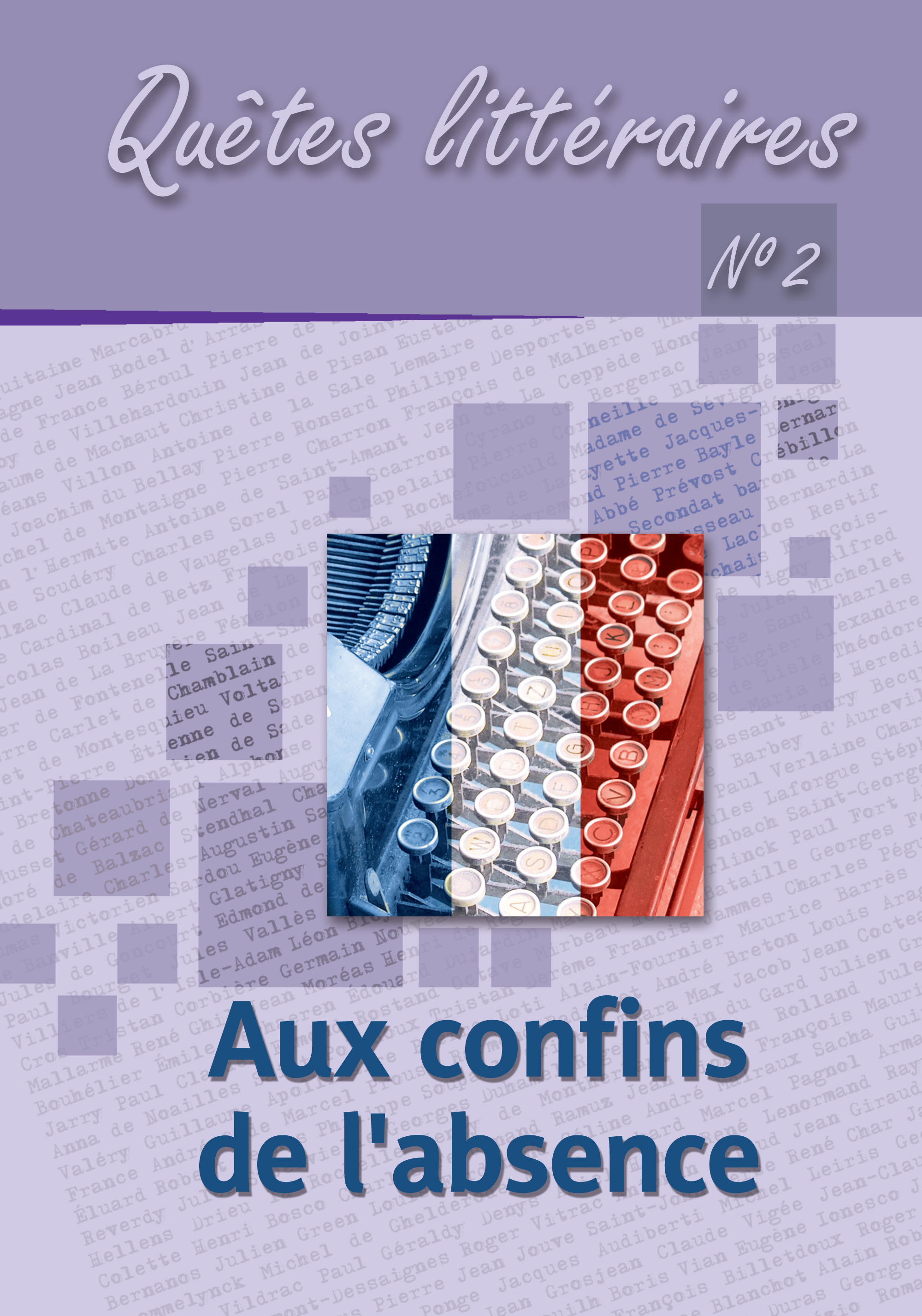Décomposition et recomposition : Présence et absence des corps noyés dans Lélia (1833) de George Sand et L’Éducation sentimentale (1845) de Gustave Flaubert
Decomposition and Re-composition: The Presence and Absence of Drowned Bodies in Lélia (1833) by George Sand and L’Éducation sentimentale (1845) by Gustave Flaubert
Author(s): Abbey CarricoSubject(s): Language and Literature Studies, Literary Texts, Studies of Literature, Comparative Study of Literature, French Literature, Theory of Literature
Published by: Katolicki Uniwersytet Lubelski Jana Pawła II, Instytut Filologii Romańskiej & Wydawnictwo Werset
Keywords: Romanticism; eco-criticism; drowning; water; decomposition
Summary/Abstract: In Romantic literature, water often serves as a symbol of death and of the dissolution of the individual, representing a passage from presence to absence. In order to show this transformation, writers frequently rely on scenes of drowning. However, in these depictions drowning does not always lead to an absence, but rather, it reveals a physical presence: that of the cadavers themselves. Through a detailed analysis of two romantic texts whose treatment of drowning sheds light on the relationship between absence and presence, Lélia by George Sand and L’Éducation sentimentale by Gustave Flaubert, this study engages the following questions on thematic and structural levels: Does drowning undeniably bring about an annihilation of the individual? Are the boundaries between absence and presence, disappearing and (re)appearing, decomposition and (re)composition, clearly defined? Or, is there another interpretation? One that is specific to textual portrayals of immersion? From an eco-critical perspective, it is clear that water represents an ideal space to portray the tension of life and death. As presented by Sand and Flaubert, drowned bodies inspire images of life rather than death and therefore cause the reader to question these boundaries on an imaginative and symbolic level.
Journal: Quêtes littéraires
- Issue Year: 2012
- Issue No: 2
- Page Range: 22-32
- Page Count: 11
- Language: French

